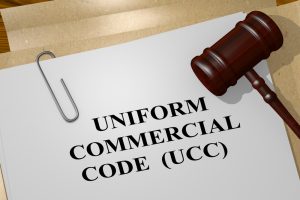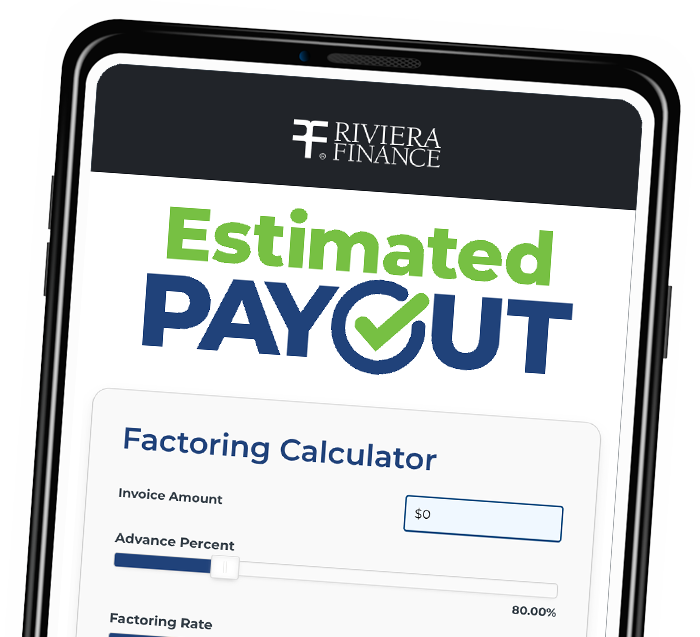 If you are seeking funding for your small business, you should be familiar with UCC filings. The UCC or Uniform Commercial Code is the law that governs commercial financial transactions in the United States. The purpose of the UCC is to create a consistent set of laws that apply throughout the nation.
If you are seeking funding for your small business, you should be familiar with UCC filings. The UCC or Uniform Commercial Code is the law that governs commercial financial transactions in the United States. The purpose of the UCC is to create a consistent set of laws that apply throughout the nation.
What You Need to Know About UCC Filings as a Business Owner
What Is a UCC Filing?
If you’re a new business owner or looking for financing, you need to know about the UCC and its filings- forms that are filed and recorded at the Secretary of State when a business obtains financing. UCC forms are not filed by businesses but by their creditors. These filings are called ‘financing statements.’
The UCC-1 financing statement, also known as a UCC lien, is the most common type of filing that typically affects small businesses. This is a statement that a creditor will file when providing financing that involves collateral. The UCC-1 gives notice that the creditor has a lien or interest in any collateral business offered to the creditor to secure repayment of the financing. the borrower has put up.
The UCC-3 financing statement is an amendment to a UCC-1. UCC-3 filings can terminate, assign, extend (“continue”), or amend a UCC-1.
The UCC-5 financing statement is an information filing. It can be used as notice on the public record that a previous filing was inaccurate, wrongfully filed, or filed by someone who was not authorized to file.
The Reason for UCC Filings
One of the main purposes of a UCC filing is so that there’s a public record of secured financing that involve collateral. Suppose, for example, that you receive financing from Creditor A. You put up your inventory, equipment, or accounts (i.e., personal property of the business) as collateral. After Creditor A files a UCC-1, any other financier can look up this information and see that your business’s personal property has been put up as collateral. This way, if you try to finance with Creditor B, you can’t put up the same property as collateral, unless Creditor B is willing to take a second position behind Creditor A.
Most UCC-1 liens specify certain assets or possessions that have been used as collateral. However, there are also blanket liens, in which the creditor has rights to “all assets” of the business. UCC filings are valid for five years. They can be terminated sooner or extended (“continued”) based on the mutual financing agreement made between creditor and business obtaining financing.
What You Need to Know About UCC Filings
Small business owners should be aware of any active UCC filings recorded against their business, as these can affect their ability to obtain new business financing. Before a creditor approves a business for financing, they will do a lien search, and if your business has an active UCC-1 filed against it, your ability to obtain new financing may be delayed, subject to negotiation between creditors, or even declined. It will depend on the collateral that each creditor has an interest in. Before allowing a creditor to file a UCC-1 financing statement, you should know what assets will be covered and the conditions of termination.
UCC Filings in Factoring
Factoring agreements will require a UCC filing, but assets covered under the UCC filing will differ by factoring company. Generally, Riviera Finance files a UCC on accounts receivable and property related to the accounts receivable, leaving equipment and other assets unencumbered. This helps our clients obtain other forms of financing such as equipment financing, if necessary. Invoice factoring is a way to strengthen your business credit as well as cash flow. When you factor your invoices, it doesn’t impact your credit score and you don’t take on additional debt for your business. When you collect immediate cash for your invoices, you can also pay off any existing debts faster.
To learn more about invoice factoring, contact Riviera Finance.
*This article was originally published in 2019 and has been updated for 2022
Benefits of Choosing Riviera as Your Factoring Company

Speed of Delivery
Our process is built around immediate response to client needs, and the fastest cash turn around in the industry.

Dependable Service
We have 125 skilled employees at key locations across the U.S. approving credit, processing invoices, and wiring.

Maximum Cash Advances
We pay the highest cash advances in the industry and strive to fund our clients without holding reserves.

Convenience
Riviera’s Online Account Management system, your accounts are available online 24/7.

Simplicity
Simple applications, no set-up fees, and no long-term contracts make getting started with Riviera easy.

Personal Service
Hearing what our clients need and consistently delivering it builds trust and a satisfied customer relationship.

Diversity
To best serve our diverse client base, Riviera has dedicated support, in your time zone, that speak your language.

Financial Stability
You can feel secure knowing that funds are always available for your next funding.

Why Wait?
Start getting paid immediately
About The Author

Dave Tremblay has over 40 years of experience in the Logistics Industry, including middle and senior management positions as Corporate Logistics Manager for Mattel Toys and The Walt Disney Company, as well as Vice President and President roles at Sterling Logistics and PMT Logistics. Dave currently serves as a Digital/Affiliate Marketing Manager and Logistics Category Expert for Riviera Finance.




